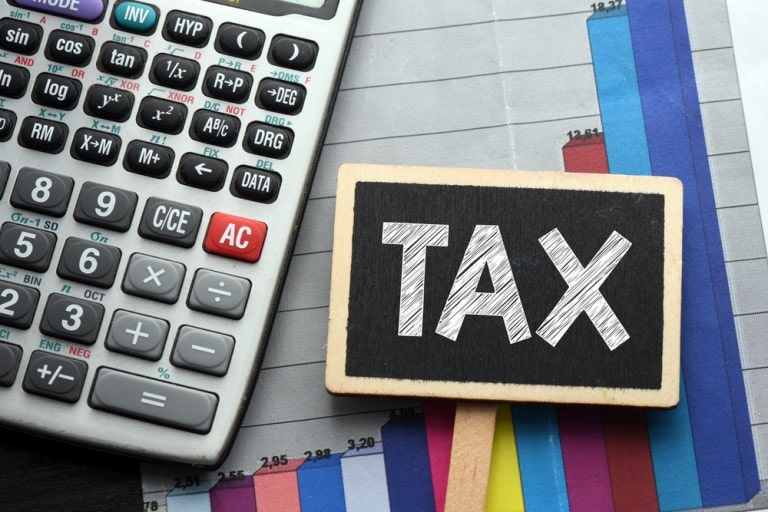What You Need to Know About Taxes

Taxes are an essential part of modern life, supporting the infrastructure and services that benefit everyone. However, navigating the complexities of tax laws and regulations can be overwhelming for many people. Understanding the basics of how taxes work, including what is taxed, how to file, and the potential consequences of failing to meet your tax obligations, is critical to maintaining financial health. This guide will break down some of the most important things you need to know about taxes.
1. Understanding Different Types of Taxes
Taxes come in various forms, and knowing the types that apply to you is the first step in managing your obligations effectively. The most common types include income tax, property tax, sales tax, and capital gains tax. Income tax is the amount individuals and businesses must pay on their earnings, while property tax is based on the value of owned real estate.
Sales tax is added to the cost of goods and services, and capital gains tax applies to the profit made from selling investments like stocks or property. One critical aspect of tax law that applies to property sales is the Bright Line test for tax, a rule used in some countries, such as New Zealand, to determine whether the profit from the sale of residential property should be taxed.
The Bright Line test applies if you sell a residential property within a certain period after purchasing it, typically within five or ten years. If the property is sold within this timeframe, you may be required to pay tax on the capital gains unless the property is your main home or another exemption applies. Understanding specific rules like this can help you plan your transactions more effectively and avoid unexpected tax liabilities.
2. Filing Your Taxes
Filing taxes is a necessary annual task, and it’s important to do it correctly and on time to avoid penalties. In most countries, individuals and businesses are required to report their earnings, deductions, and other relevant financial information to the government for tax calculation purposes.
To file your taxes, gather all relevant documentation, such as wage statements, investment earnings, and receipts for deductions. Many people use tax software to file electronically, while others prefer to hire a tax professional. Filing online is faster and reduces the chances of errors while working with a professional can help you navigate more complex tax situations.
When preparing your tax return, make sure to claim any deductions or credits you are eligible for. Deductions reduce your taxable income, potentially lowering the amount of tax you owe. Credits, on the other hand, directly reduce the amount of tax you need to pay. Common deductions include those for charitable donations, mortgage interest, and medical expenses, while tax credits may include education credits or credits for energy-efficient home improvements.
3. The Consequences of Not Paying Taxes
Failure to meet your tax obligations can result in serious consequences. The government can impose penalties for late filing, underpayment, or non-payment of taxes, and these penalties can increase the longer the taxes go unpaid. In some cases, the government may take legal action to recover unpaid taxes, including placing liens on your property, garnishing your wages, or seizing assets.
Unpaid taxes can damage your credit score and limit your ability to secure loans or mortgages in the future. It’s crucial to stay informed about your tax responsibilities and seek help if you’re struggling to pay. Many tax agencies offer payment plans or relief programs for individuals facing financial hardship.
4. Staying Up to Date with Tax Law Changes
Tax laws change frequently, and staying informed about new regulations is essential to ensuring compliance and minimizing your tax burden. Governments often introduce new tax policies, adjust tax brackets, or offer new credits and deductions, which can impact how much you owe or what benefits you can claim.
For example, tax laws around investments or property sales may change, as governments seek to manage housing markets or encourage economic growth. Being aware of these changes can help you make informed financial decisions, particularly when buying or selling assets or adjusting your investments.
Keeping up with tax news and updates, or working with a tax advisor, can help you stay on top of any new developments and avoid unpleasant surprises during tax season.
Conclusion
Understanding the basics of taxes, including different tax types, how to file your taxes, and the consequences of not paying, is crucial for maintaining financial well-being. Staying informed about relevant rules like the Bright Line test for property sales, and keeping up with changing tax laws, will help you navigate your tax responsibilities more effectively. By staying organized, filing on time, and seeking professional help when necessary, you can manage your taxes with confidence and avoid unnecessary penalties.





